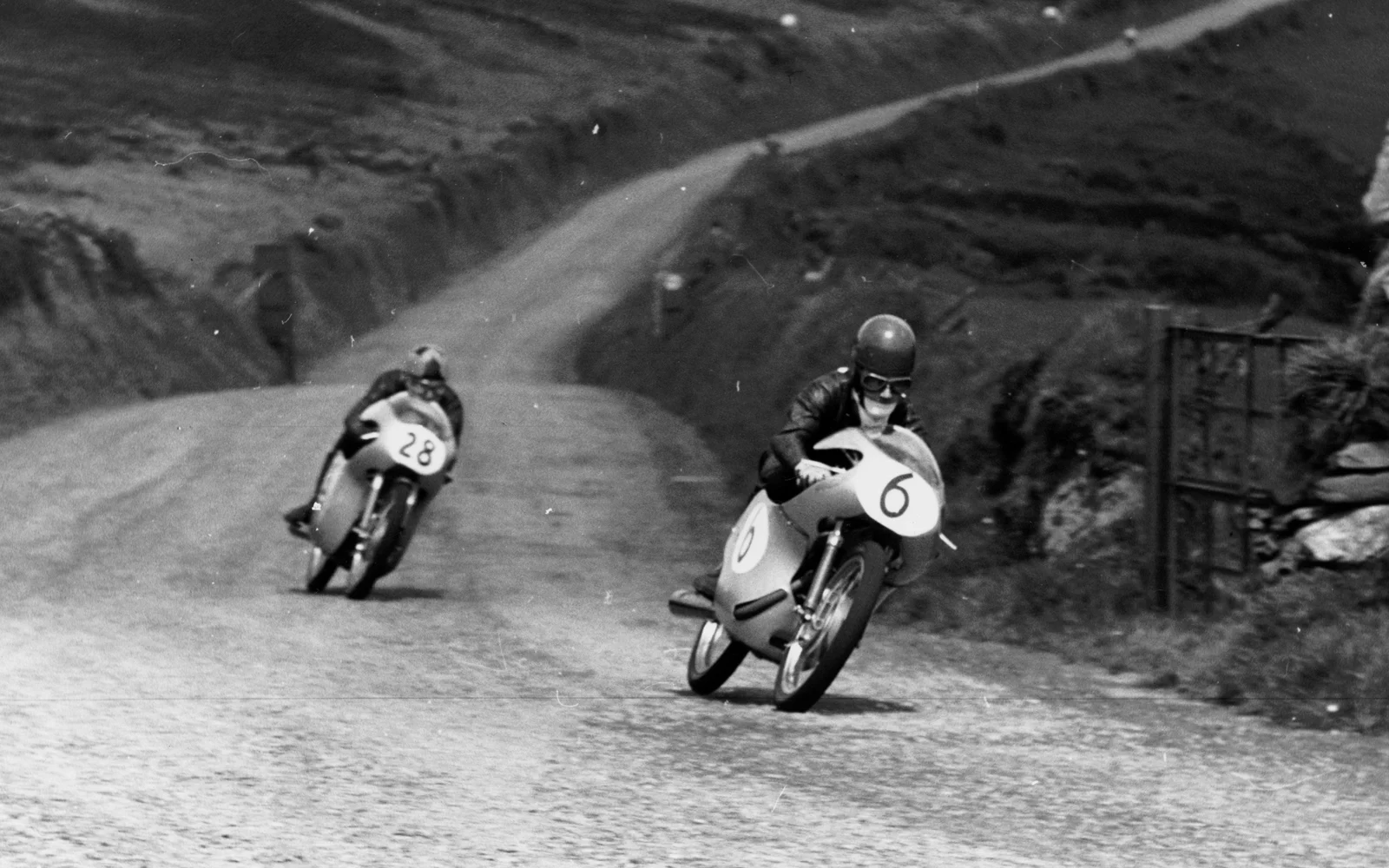
- Models
- Configure your bike
- News
- Current Offers
- Racing
- Dealer Locator
- DWP 2025

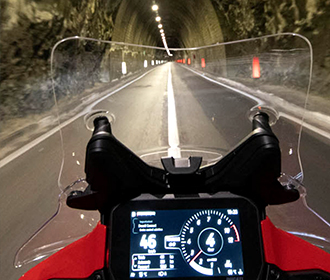
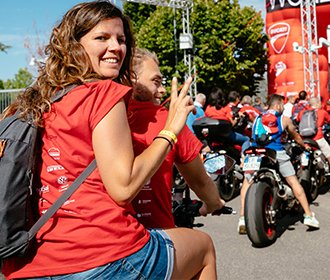
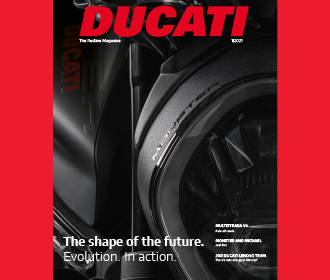

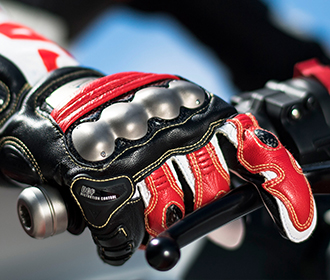

 United States
Change
United States
Change
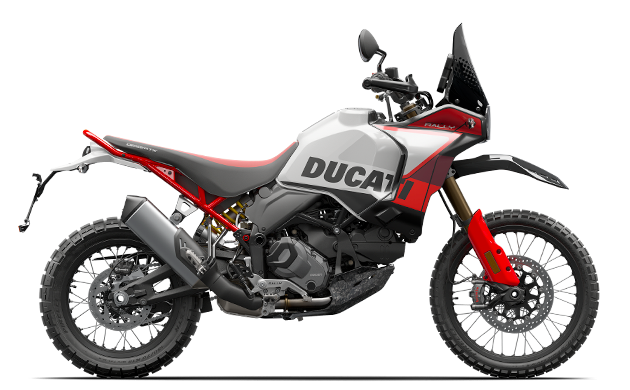
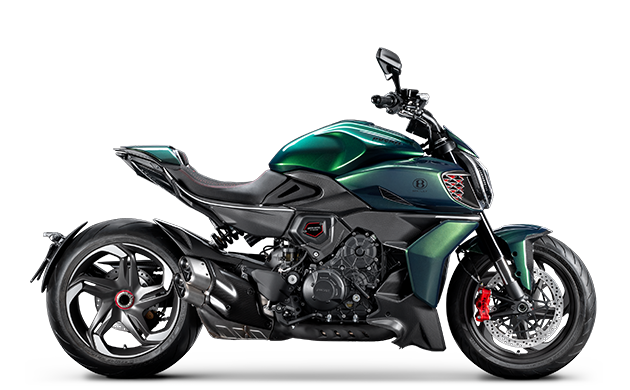
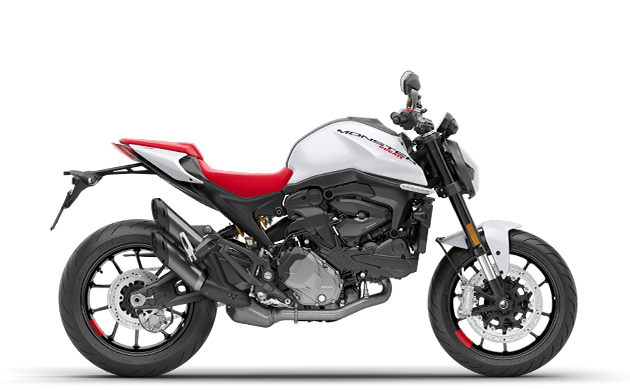
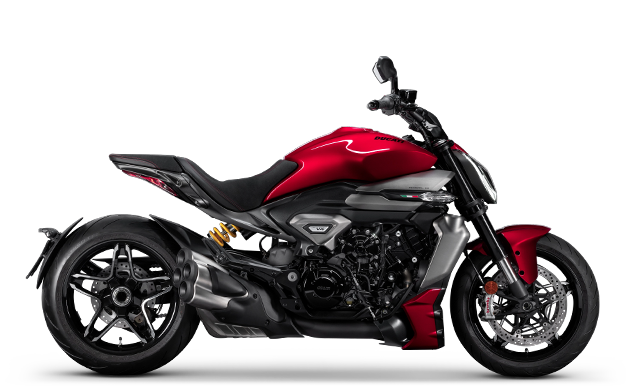
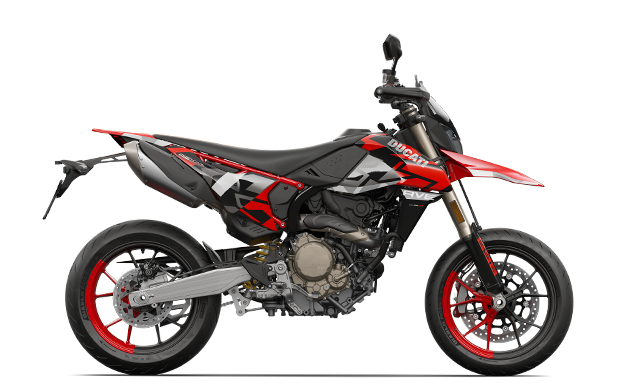

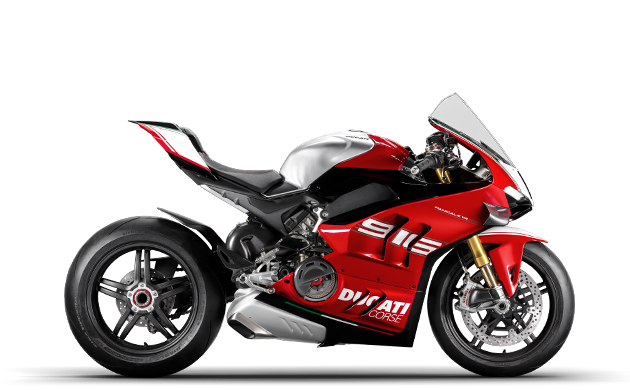
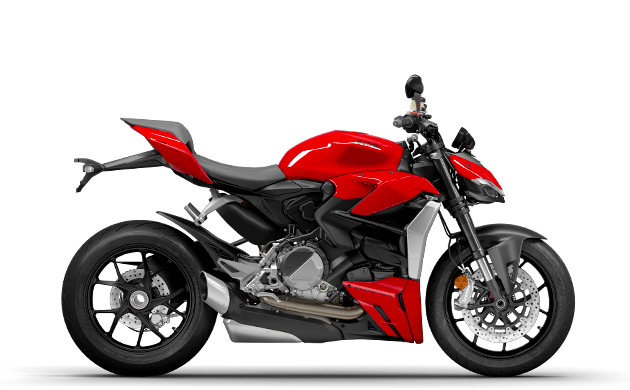
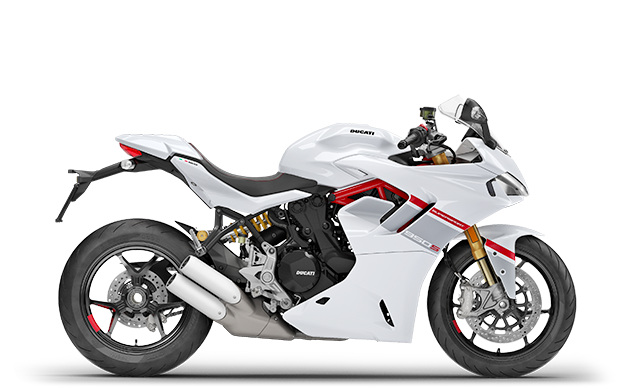
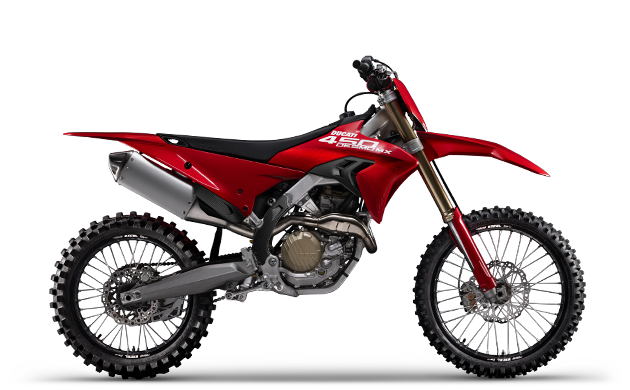
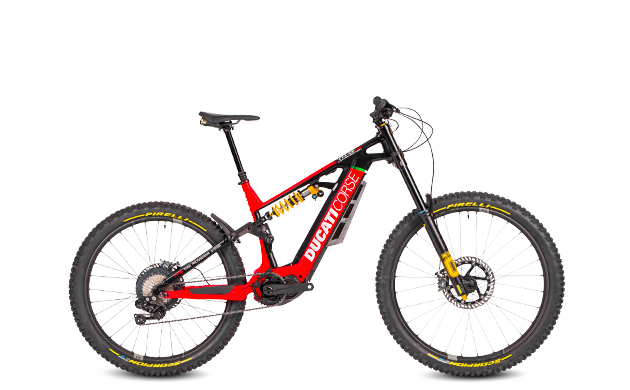
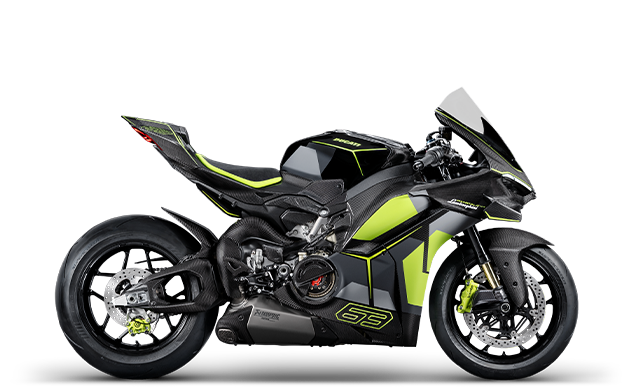
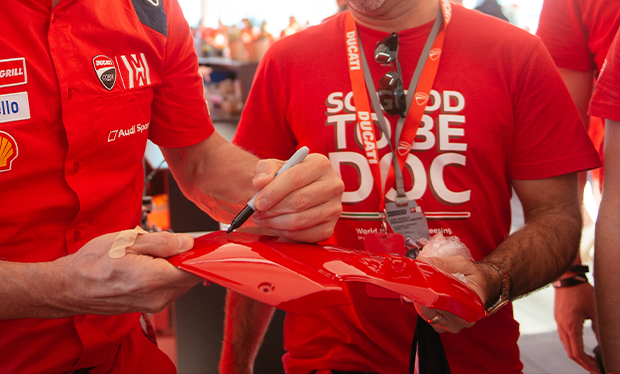
Imagine enjoying new experiences, exploring breath-taking landscapes, participating in exclusive events. Join the Ducati family! Become a D.O.C. member!
DOC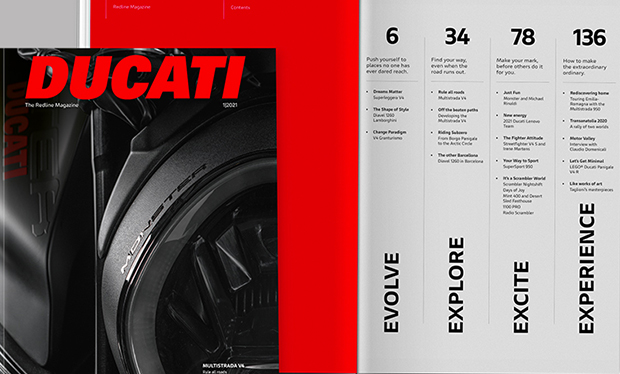
A selection of the most exclusive content from the Ducati Redline Magazine. Download read the stories here!
Ducati Redline Magazine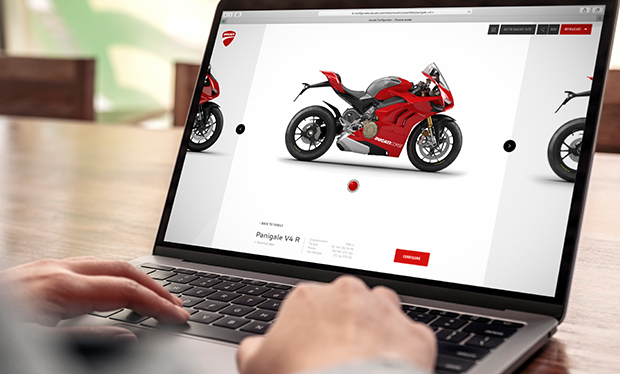
Choose the perfect Ducati for you and have fun configuring it according to your riding style.
Configurator
From traditional financing to our exclusive Ducati Premier Financing, Ducati Financial Services offers a wide range of options and flexible terms.
Ducati Financial Services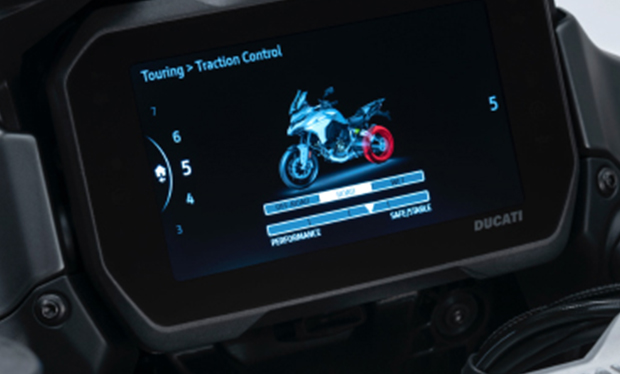
Learn how to operate the features of the Multistrada V4 through these video tutorials
Multistrada V4 Video Tutorials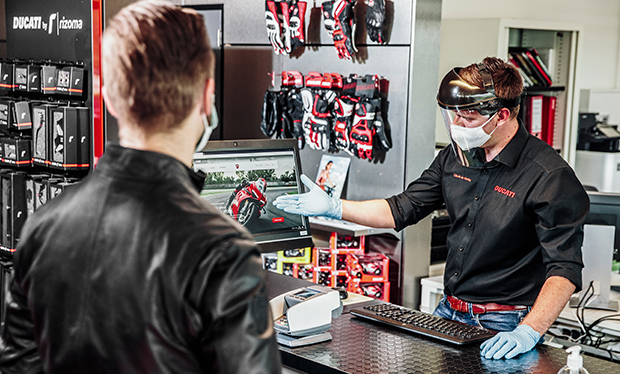
To make it easier for you to find your way around, we have created a list of the most frequently asked questions, divided into subject areas, along with their answers.
Customer Services70 years of victories
